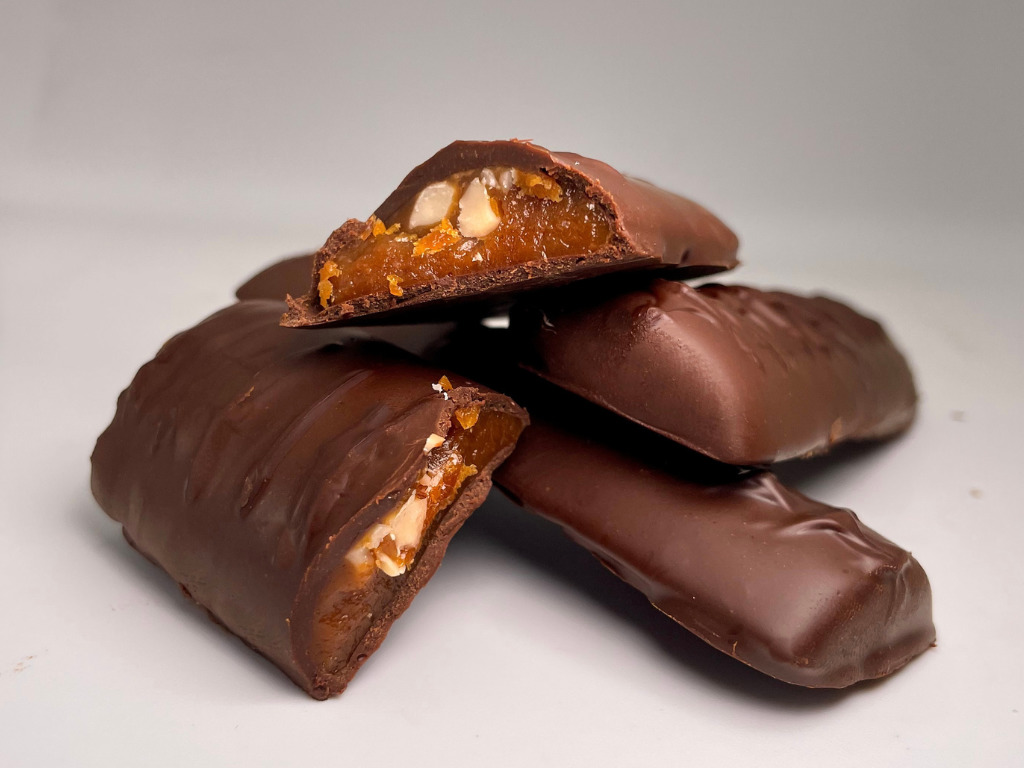3 Mins Read
Cocoa butter made without cacao beans? Seminal Biosciences says it’s done it in a strategic collaboration with Nucelis.
Like a number of staple foods, cacao, the bean that all chocolate comes from, might not survive climate change. The tropical cacao tree faces challenges as global temperatures warm, changing the growing seasons. It’s also an industry struggling with deforestation and biodiversity loss. According to the National Wildlife Federation, the cocoa industry is a leading driver of deforestation, particularly in West Africa, but also across Latin America and Southeast Asia’s cacao-growing regions.
Better cacao?
The industry faces other challenges, too, like ongoing labor rights issues and human trafficking, despite efforts by the industry’s leading chocolate brands including Mars, Nestlé, and Hershey. Could growing cacao butter in a lab setting be the solution?
That’s the philosophy behind the San Diego-based Seminal Biosciences, which has just emerged after two years in stealth mode. The company, helmed by Alka Roy, who holds a background in Molecular Biology, Genetics, and Microbiology, is focused on addressing supply and environmental threats posed by conventional cacao production while also delivering commercially sustainable non-cacao bean-based cocoa butter and what it calls “better chocolate”.

Seminal Biosciences says its precision fermentation cacao butter—the fatty part of the cacao bean— performs just like conventional cacao butter, allowing for chocolate bars as creamy and delicious as popular brands. The breakthrough technology holds great promise to help sidestep the industry’s issues.
“In addition to making chocolate more sustainable, with stateside production via bioreactors, this technology will improve the security and reliability for a key ingredient used across a variety of industries,” Alka Roy, founder and Chief Executive Officer of Seminal Biosciences, said in a statement.
The companies are now working together on refining the prototype in order to scale and prepare for a 2024 market launch. Seminal is also aiming to develop “better fat” molecules to replace animal-based fats and vegetable oils.
“The food industry is transforming towards improved sustainability, functionality, quality and nutrition”, said Stephen Toon, Ph.D. “Key to the success of this ‘new agriculture’ is the development of fats and oils to complement the recent success in protein-based products. The technology developed by Seminal Biosciences and Nucelis is fundamental to the continued growth of the sector.”
Disrupting big chocolate
Seminal is not the only company working to disrupt the conventional cacao category. Last month, WNWN launched its second product, the Waim! Bar—a knock-off of the popular European Mondelez Daim bar.

WNWN is working to recreate the cacao experience without using the bean at all. It’s using other plant-based ingredients including barley and carob, a longtime substitute for chocolate. But through its proprietary process, WNWN says its product tastes indistinguishable from real chocolate.
“Chocolate has a truly dark side with more than a million child laborers estimated to work in Ivory Coast and Ghana, where three-quarters of the world’s cacao is grown, and more CO2 emissions pound for pound than cheese, lamb or chicken,” WNWN CTO Johnny Drain said in a statement earlier this year. “Using fermentation we’re able to create a suite of the same flavor compounds found in cacao. We can dial up certain aromas and even adjust the acidity to bring out notes found in premium single-origin chocolates.”
Lead image courtesy of Pexels.



